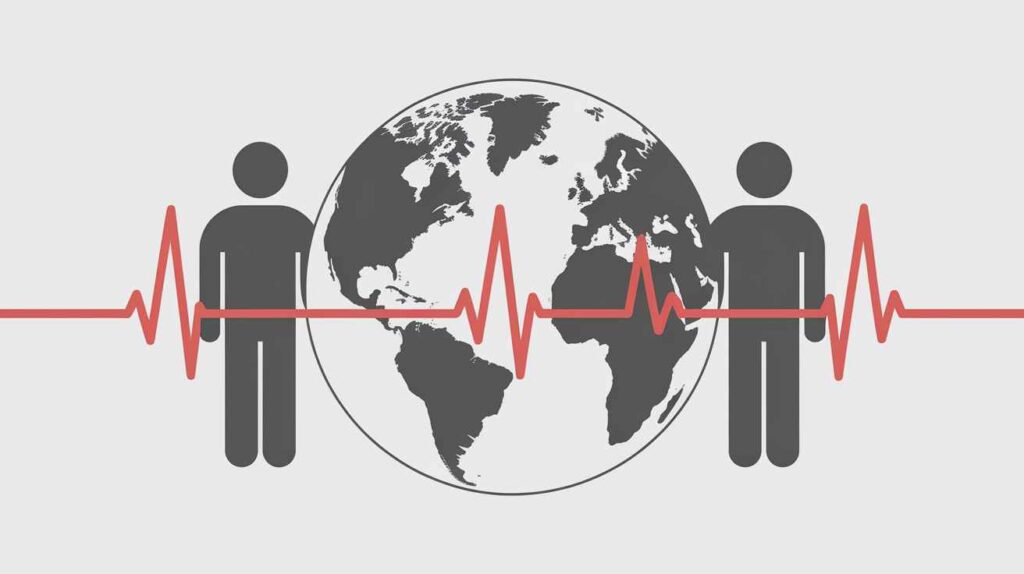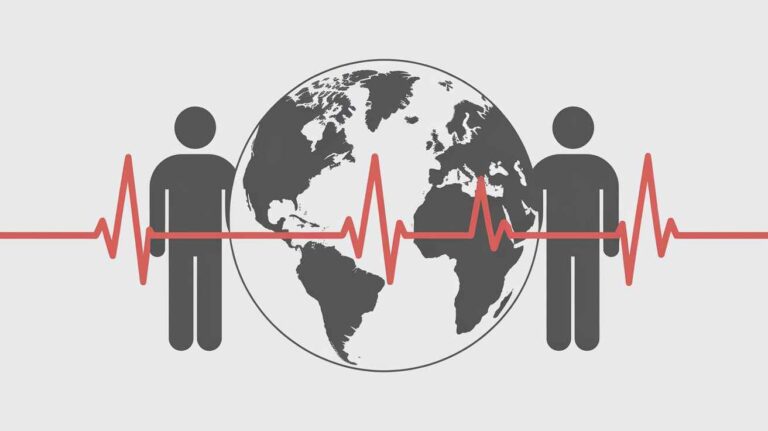From climate-linked diseases to digital health inequities, the challenges shaping the future of global well-being.
Global health is entering a new era—one defined not only by outbreaks and emergencies but by long-term, systemic pressures. As climate change alters disease patterns, countries across Asia, Africa, and Latin America face rising cases of vector-borne illnesses, heat-related health crises, and disruptions to food and water systems.
Meanwhile, digital health tools—once seen as equalizers—risk deepening inequities. While telemedicine, AI diagnostics, and wearable health trackers expand rapidly in high-income regions, millions still lack stable internet access, affordable care, or trained medical personnel. The divide between technological innovation and on-the-ground reality continues to grow.
Strengthening global health systems now means investing in prevention, community-level infrastructure, mental health support, and resilient supply chains. It also requires rethinking global governance: ensuring that low- and middle-income countries have greater representation in decision-making, research access, and emergency preparedness planning.
The next health crisis may not look like the last. Building a fair and future-ready global health system starts with recognizing that well-being is political, environmental, technological, and deeply interconnected.








